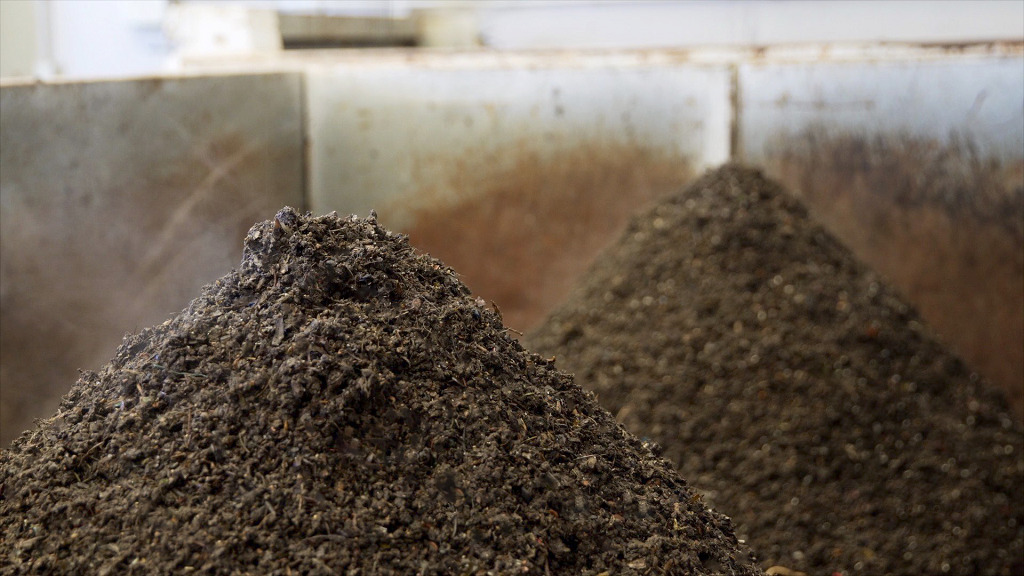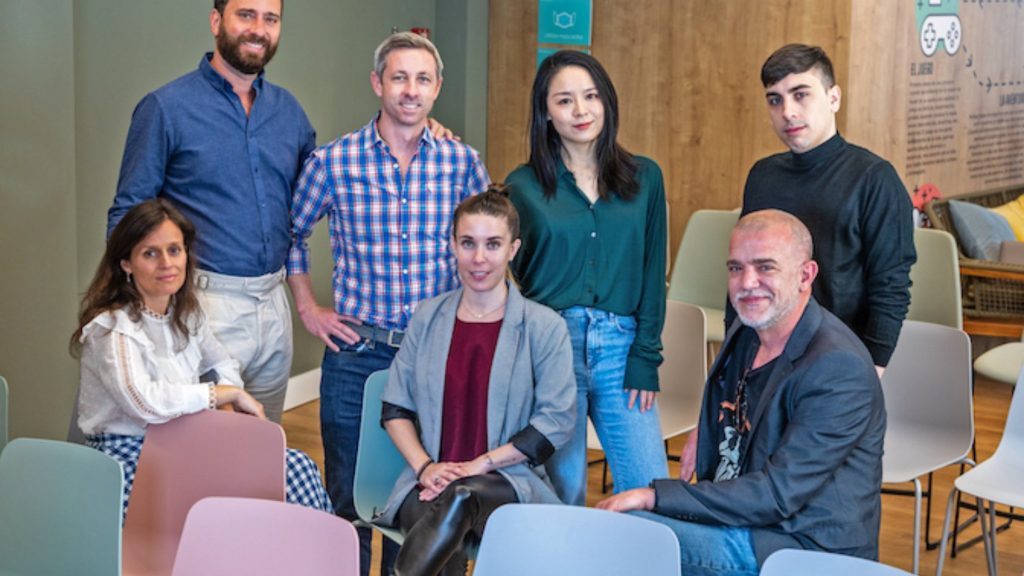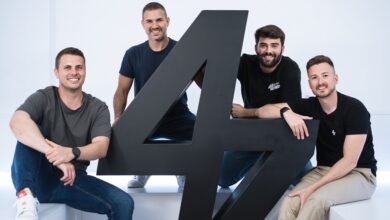
It is an undeniable fact that we generate more and more waste, and we know that more than 40% of it is organic. The European Waste Directive establishes that all EU countries must recycle, at least 65% of its organic waste in 2035, a real challenge for Spain given that our current recycling figure barely reaches 35%, compared to the European average of 48%.
Today a large part of organic waste ends up in landfills or in incineration processes. But, why does this happen? What is it that reaches the landfills? do we recycle well?are we really aware of the increasing
important need for this action? Multi-material packaging, the medical supplies that we have incorporated into our daily lives (masks, antigen tests, etc.), and the lack of time and/or space at home make recycling a complicated task.
Econward is a Spanish technology company focused on developing solutions to optimize the treatment of organic waste, and have managed to develop their own technology (Biomak) born precisely to try to provide a solution to this difficulty of recycling well at source.
Biomak is integrated into the waste treatment chain, and subjects the waste to a process of hydrolysis that manages to change its physical and chemical properties. The result is a homogeneous and sanitized material that improves the
subsequent production of biogas, in addition to its possible use as compost and fertilizer. The process makes it possible to take advantage of more than 90% of the residue, generating a biomass with suitable properties for feeding the digesters in the
biogas and biomethane production plants.
Thus, the company favors the generation of optimized clean energy, and allows the generation of seven units of energy for each one used. The technology is applied to a type of waste that is very complex to treat and that is responsible for 3% of greenhouse gas emissions in the world. In addition, it contributes to the reduction of waste that ends up in landfills and incinerators and proposes a sensible change that simultaneously generates a triple impact, with environmental, social and economic benefits, since it not only manages to recover and recycle this waste , but it does so by helping to improve the production of renewable energy, helping the energy transition.
And what is clear is that, given the geopolitical situation that surrounds us, this technology and its R+D+i development is at its moment of greatest interest. We need companies and technologies that pass from speech to action on sustainability, and solutions that help solve real environmental problems.
When the energy crisis was still in its infancy in Europe and the prices of gas and electricity markets began to rise at the end of the third quarter of 2021, there were already many voices warning of the need for an energy transition towards an increasingly more sustainable and circular.
Now, a few months later, and with much higher prices Europe is forced to speed up this transition and take actions focused on energy independence as a short-term objective to eliminate the risks of depending on countries like Russia for energy.
On March 8, the European Commission presented the ‘REPowerEU’ plan, with which it seeks to achieve Europe’s independence from Russian fossil fuels before 2030, starting with natural gas and proposing to reach the production of 35,000 million in that year. cubic meters (bcm) of biomethane per year, a figure ten times higher than the current figure.
In Europe we face very important challenges in the coming years that will undoubtedly require a lot of effort and commitment from all areas: political, corporate, and social.



